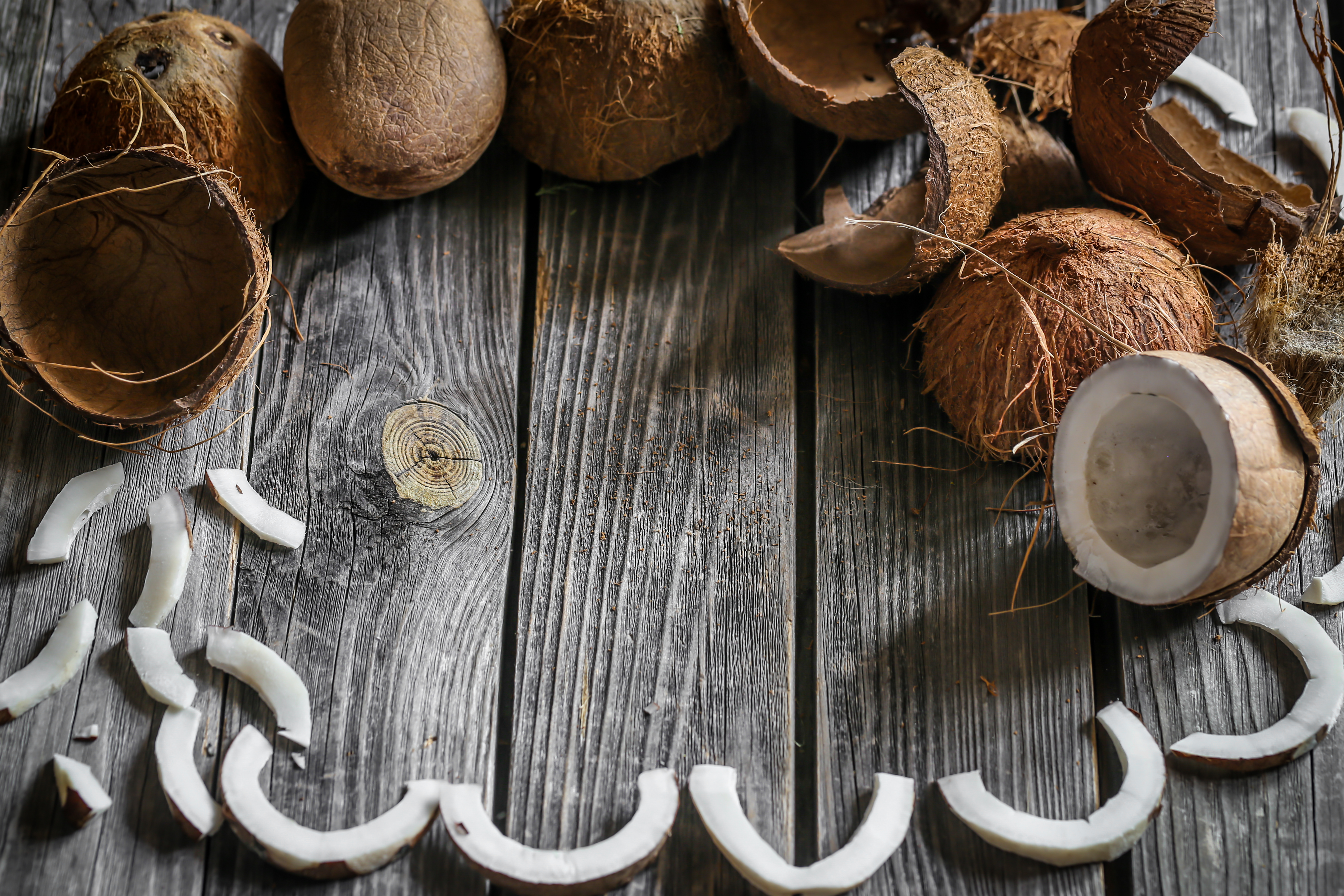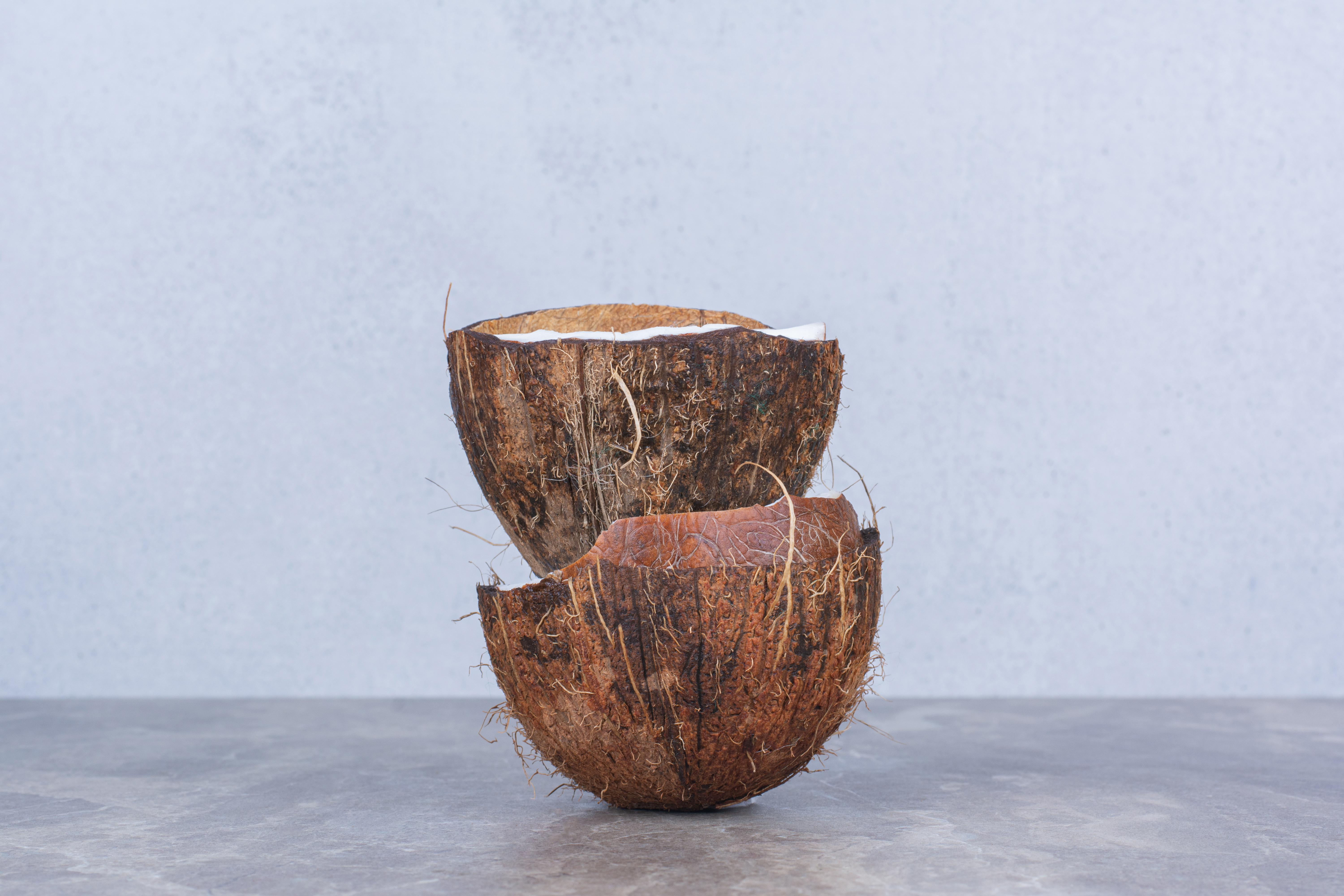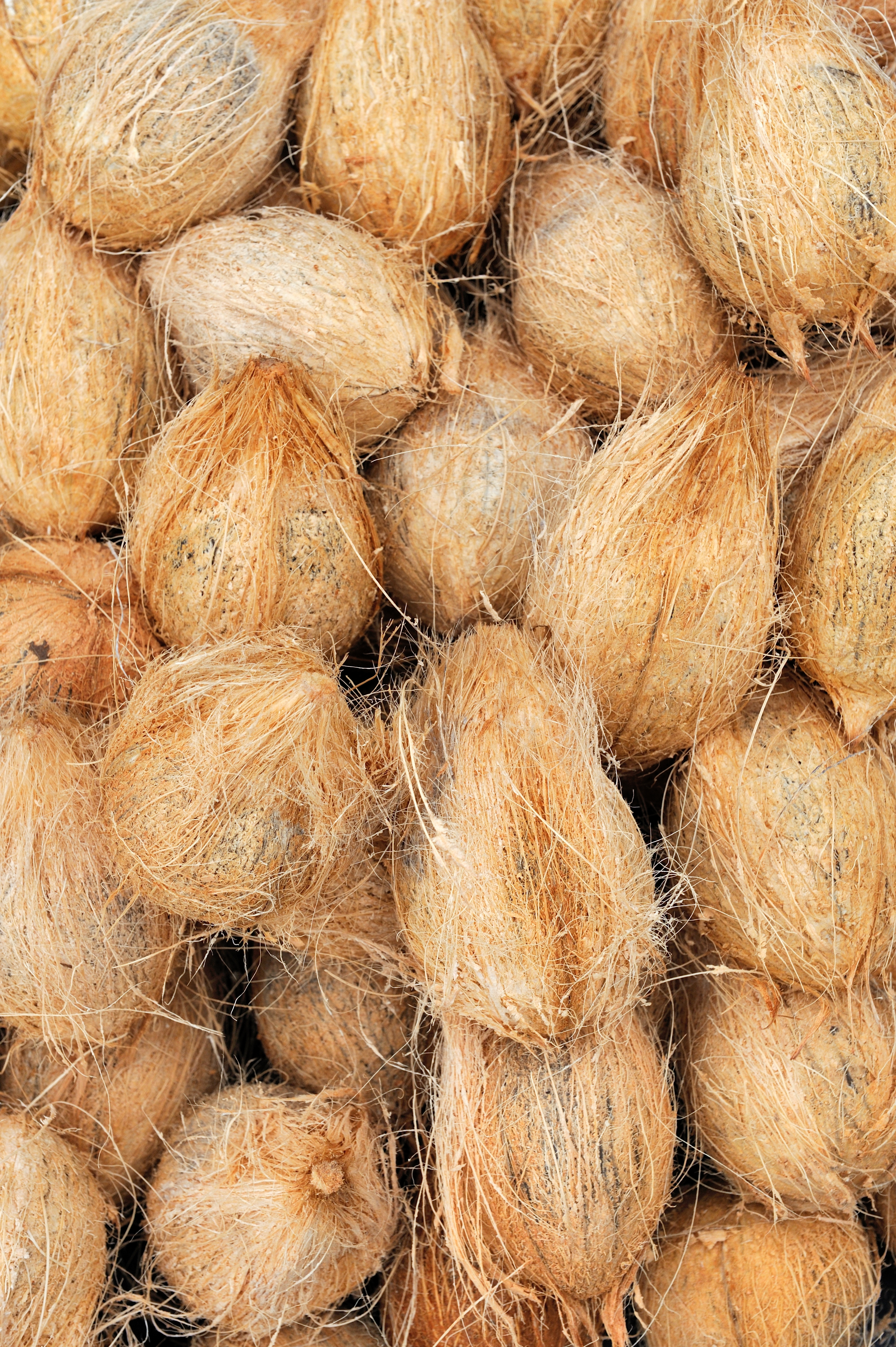Coconut Husk for Plants: A Natural Boost for Healthy Growth
In the world of organic gardening and sustainable agriculture, coconut husk has emerged as a valuable resource. Derived from the outer shell of coconuts, coconut husk is a natural, biodegradable material that enhances plant health, improves soil structure, and supports moisture retention. Whether you’re a home gardener or a professional grower, coconut husk can significantly improve your planting practices.






